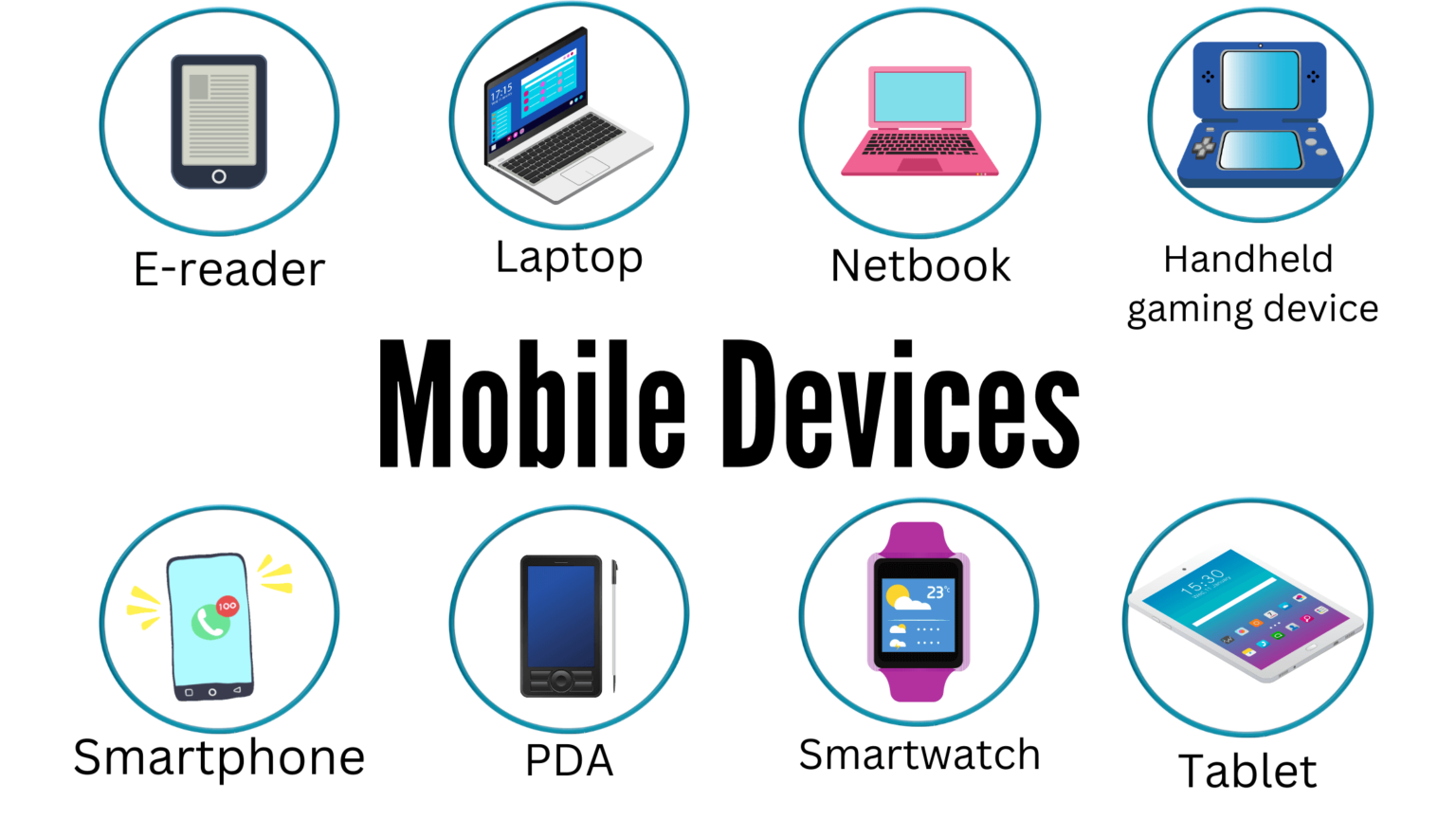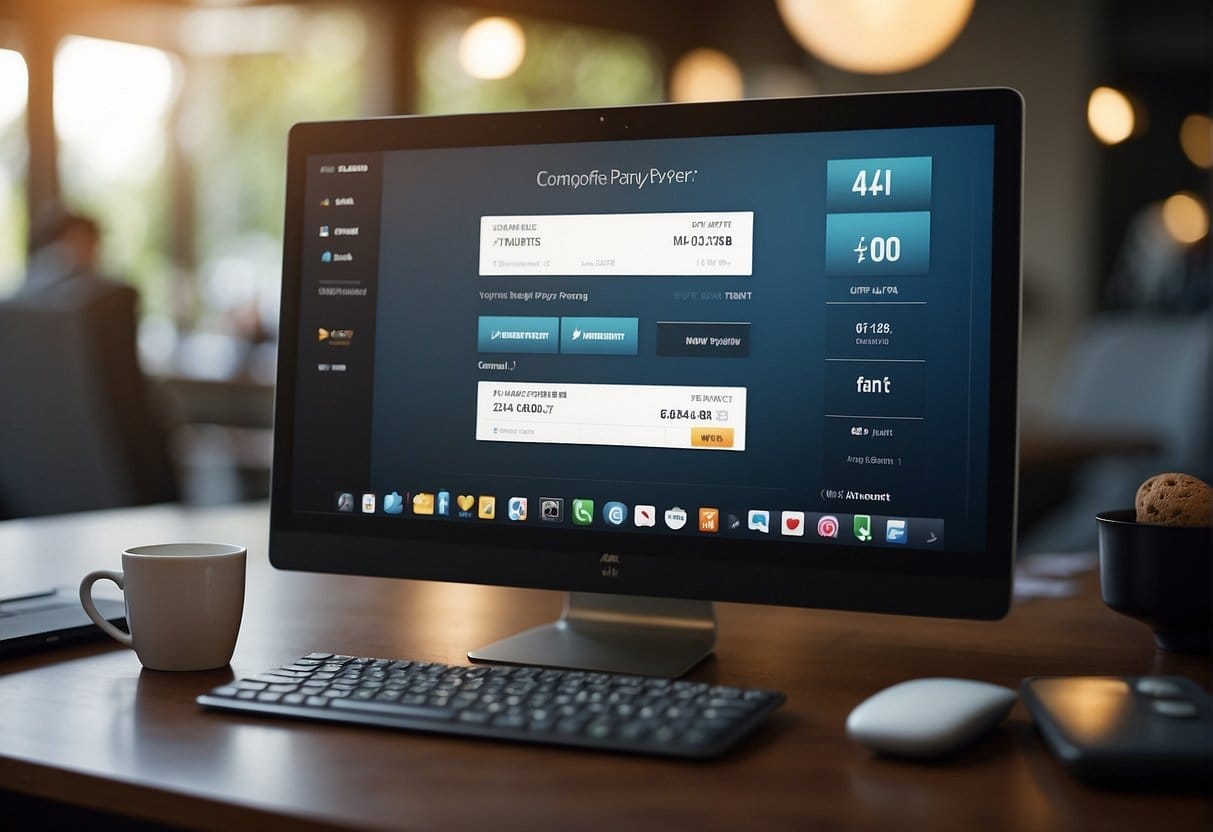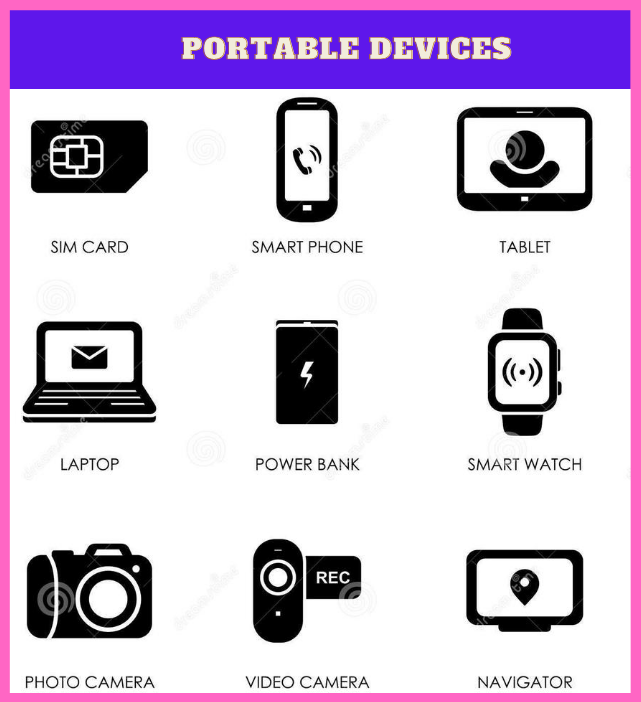Add On Programs For A Variety Of Mobile Devices

Our smartphones have become indispensable tools, central to communication, work, and entertainment. But increasingly, the functionality baked into these devices isn't enough. A booming market of add-on programs, often referred to as extensions or plugins, is emerging to augment the capabilities of mobile devices, promising everything from enhanced security to streamlined productivity. The question is: are these add-ons truly enhancing our mobile experience, or are they introducing new risks and complexities?
At the heart of this trend lies a simple desire: to personalize and optimize our digital lives. This article delves into the world of add-on programs for mobile devices, examining the types of extensions available, the security and privacy implications of using them, and the perspectives of developers, users, and industry experts. We'll explore the potential benefits and drawbacks of these additions, providing a balanced overview of this rapidly evolving landscape. We will also examine their potential to reshape how we interact with our phones and tablets.
The Expanding Universe of Mobile Add-ons
The variety of add-on programs available for mobile devices is staggering. They range from browser extensions that block ads and enhance privacy to productivity tools that integrate with existing apps and services. Others offer specialized functionalities like language translation, file management, or even augmented reality experiences.
For example, numerous browser extensions offer improved tracking protection, blocking third-party cookies and scripts. Some extensions focus on password management, securely storing and automatically filling in login credentials. Others offer tools that allow users to save articles to read later, or customize the look and feel of websites.
Productivity add-ons frequently focus on streamlining workflows. These may include extensions that allow users to quickly create notes from web pages, schedule tasks directly from their email, or integrate with project management tools. Some apps also have add-ons that allow users to quickly access services such as converting files.
Security and Privacy Concerns
The proliferation of add-on programs also brings significant security and privacy risks. Many extensions request broad permissions, granting them access to sensitive data like browsing history, location information, and even login credentials. Malicious or poorly designed extensions can then exploit this access, potentially leading to data breaches, identity theft, or even device compromise.
A 2022 study by Cylance found that a significant percentage of browser extensions request permissions that are unnecessary for their stated functionality. This "permission creep" can leave users vulnerable to data collection and tracking without their knowledge or consent. This has raised a concern among users and security researchers.
Another risk comes from supply chain attacks, where malicious code is injected into legitimate extensions through compromised developer accounts or insecure update mechanisms. Once infected, these extensions can be used to spread malware or steal user data. Protecting against these risks requires vigilance and a healthy dose of skepticism.
Developer and User Perspectives
From a developer standpoint, creating add-on programs can be a lucrative opportunity. Many developers see this is a way to enhance the user experience. By providing valuable functionalities that extend the capabilities of existing apps and services, they can attract a large user base and generate revenue through subscriptions, in-app purchases, or advertising.
"We see extensions as a crucial part of the mobile ecosystem," explains Sarah Chen, lead developer at a popular productivity app company. "They allow us to offer niche features without bloating the core app, and they provide a way for users to customize the experience to their specific needs." It enhances the customer engagement.
For users, add-on programs offer the promise of increased efficiency, personalization, and control over their mobile devices. The ability to block intrusive ads, manage passwords securely, or streamline workflows can significantly improve the overall mobile experience. However, users must also be aware of the potential risks and take steps to protect their privacy and security.
Mitigating the Risks
There are several steps users can take to mitigate the risks associated with add-on programs. First and foremost, it's crucial to only install extensions from trusted sources, such as official app stores or reputable developers. Read reviews and check the developer's reputation before installing any extension. Thorough research is necessary.
Secondly, carefully review the permissions requested by each extension. Be wary of extensions that request access to sensitive data that is not necessary for their stated functionality. Granting minimal permissions is crucial. Consider alternative extensions if you are not comfortable with the permissions requested.
Thirdly, keep your mobile operating system and apps up to date. Security updates often include patches for vulnerabilities that could be exploited by malicious extensions. Regularly update all apps. Moreover, consider the use of privacy-focused browsers and security apps that can detect and block malicious extensions.
The Future of Mobile Add-ons
The market for mobile add-on programs is likely to continue to grow in the coming years. As mobile devices become increasingly powerful and versatile, users will demand even more customization and functionality. New technologies like artificial intelligence and augmented reality will also drive the development of innovative new add-ons.
However, the industry will also need to address the security and privacy concerns surrounding add-on programs. App stores and operating system vendors will need to implement stricter vetting processes to prevent malicious extensions from reaching users. Strong regulations are needed.
Ultimately, the future of mobile add-ons depends on a collaborative effort between developers, users, and industry stakeholders. By prioritizing security, transparency, and user control, we can ensure that these programs enhance our mobile experience without compromising our privacy or security. This can only happen by following guidelines and being aware of potential dangers.


















